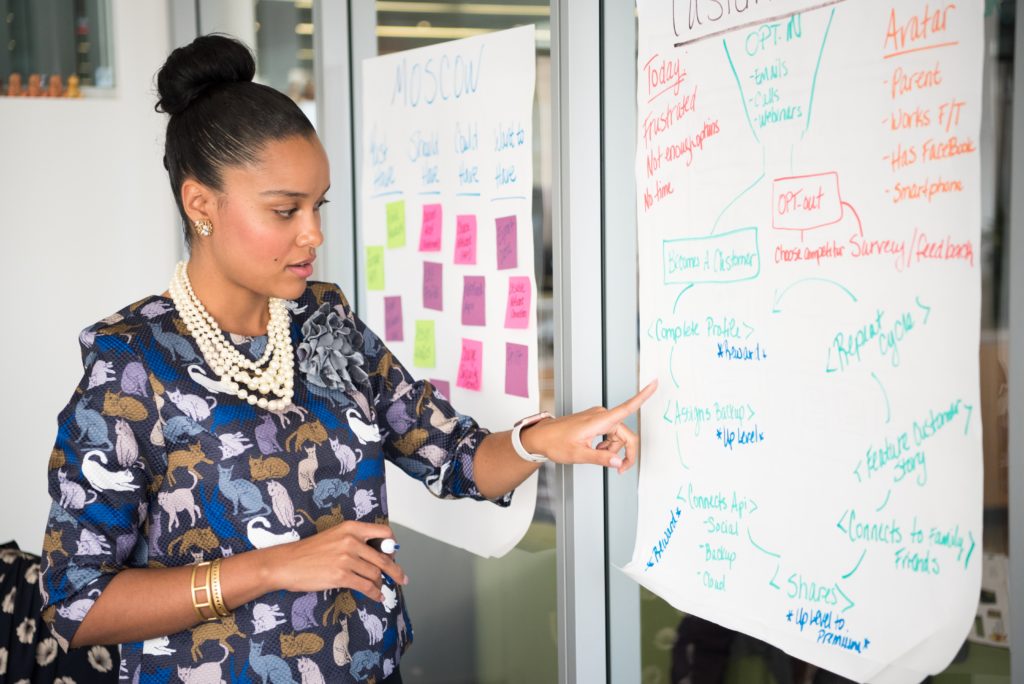Leaders, Avoid Inefficiency with Diversity of Opinion
Posted on: July 19, 2020, by : Tuesday
For leaders, having direct reports always tell you “yes” is a problem. You can solve this by creating an environment in which the rewards reinforce honesty and constructive, professional dialogue. To avoid inefficiency, you need to embrace diversity of opinion.
I’ve worked with my share of leaders who surrounded themselves with “yes people” over the years. One was an executive who publicly recognized his direct reports for agreeing with him on a consistent basis. Members of my team also noticed and commented on it, surprised that this type of behavior was encouraged.
Of course, I continued to coach my direct reports and encourage them to share their honest opinions and recommendations with me. I can’t tell you how often doing so resulted in more meaningful dialogue and better solutions to problems. My team knew their contributions were valued and they were willing to put in the effort to contribute at the highest levels possible.
A great deal of inefficiency is inadvertent. Leaders are simply unaware that the way in which they communicate may be creating problems and contributing to poor performance. In fact, they may have inherited many of the behaviors they exhibit from other leaders. This means they most likely don’t realize they are a source of inefficiency and that they are reinforcing this within their team.
Fortunately, the solution is relatively easy. All you need to do is take responsibility for modeling the behavior that fosters open, constructive dialogue even when opinions differ. Here’s how:
Set clear expectations.
Most of us do not realize our role in communication challenges. As leaders, we may expect others to somehow know what we expect. The first step in setting clear expectations for communication and participation involves defining the expectations for yourself and your team.
Reward diversity of thought.
Encourage active participation among your team, solicit input from junior team members as well as those that are more senior and ensure the junior members feel comfortable offering input. Input from all team members is vital to learning from diversity of opinion.
Sometimes that will mean directly asking team members what they think. And while this may seem like they’re being put on the spot, they will quickly know to come prepared as contributors and not merely observers who are used to deferring to senior team members out of respect for hierarchy. Acknowledge everyone’s input and give credit when it’s due for contributions that are especially insightful and for those that result in solutions.
Seriously consider advice, even if it differs from your approach.
Value added from constructive dialogue and diversity of opinion hasn’t really flourished until you’ve created an environment where this type of communication has become a cultural norm. Be assured, when you genuinely seek input from all of your team members you will most likely receive it. Here’s the opportunity for you, you will benefit from the diversity of perspectives you seek and you will be challenged by some of the input you are given. Embrace the challenge and seriously consider the advice you receive, even if it differs from how you would typically approach the situation.
What would it be like to work in an environment where everyone felt appreciated and you were given valuable input from your team every time you met? How would it change the culture of your office if everyone felt respected and valued for their perspective? Why not take responsibility for making this a reality?

